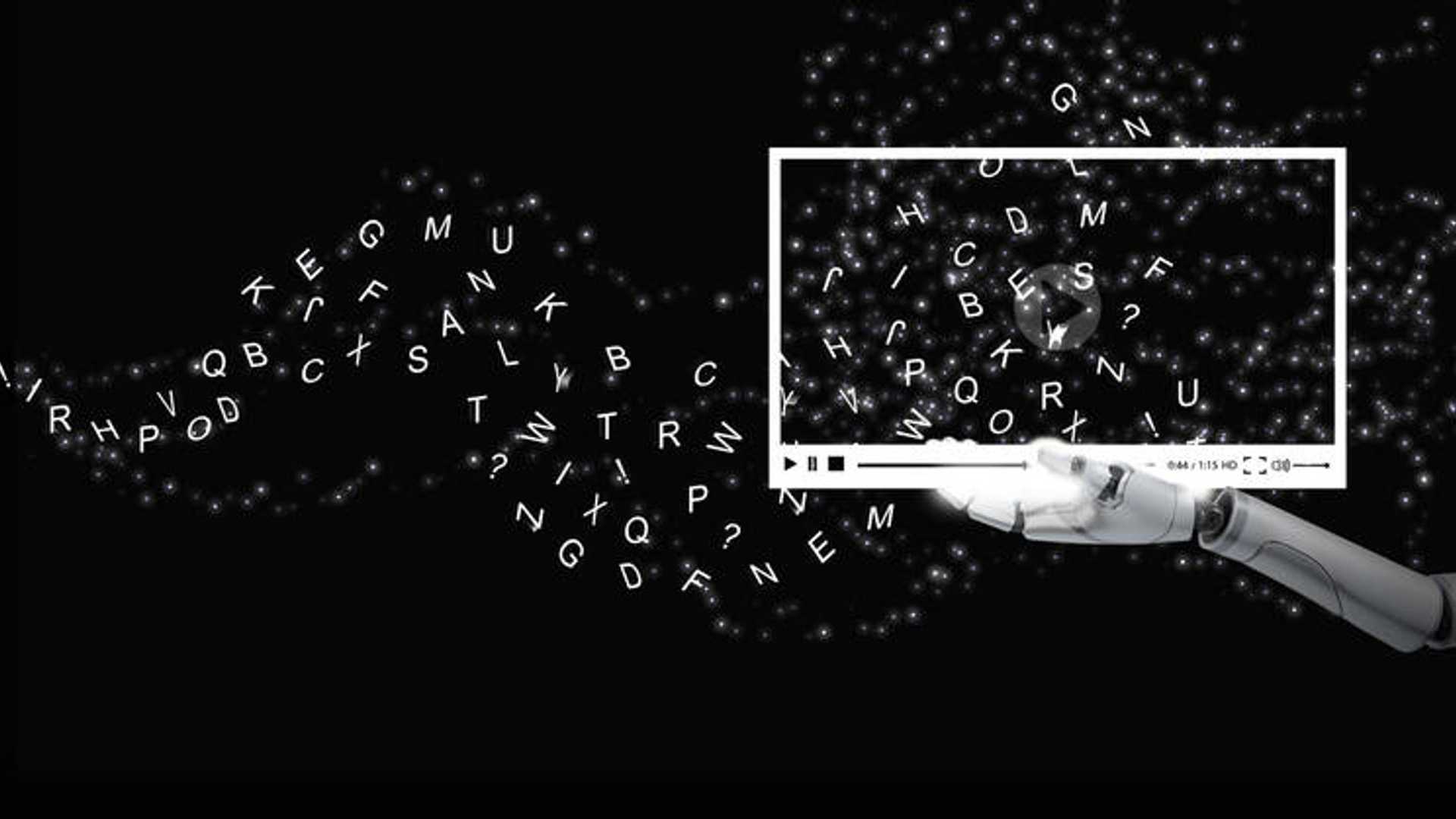What ChatGPT Reveals About our History—and Demands of our Religion
The emergence of ChatGPT has presented an interesting opportunity for the intersection of technology and religion. As a Jesuit priest, I believe that faith and reason are intimately connected, and that our ability to understand and communicate with one another is a fundamental aspect of our human nature.
With its vast database of information and sophisticated language processing capabilities, ChatGPT can enhance our ability to engage with religious traditions and ideas in dynamic ways. ChatGPT can help us explore complex theological concepts and engage in interfaith dialogue.
However, we should remember that ChatGPT cannot replace human connection or a personal relationship with God. When used wisely and in the service of the greater good, ChatGPT has the potential to enrich our religious lives and help us better understand the mysteries of the universe and our place within it.
One of the most disconcerting things about new A.I. chatbots is how much talking to one feels like having a “real” conversation, even when you know that in the background there is just a giant model predicting what word should come next in the chain. By the time you read this column, there will be a selection from a conversation about A.I. between two Loyola University Chicago professors and Blake LeMoine, the former Google A.I. researcher who made news last summer over his concern that an A.I. called “LaMDA” had become sentient.
When we try to get an A.I. to understand humans, it ends up experiencing what humans experience metaphorically. This is because we are talking through elaborate mediation to all of the human text and learning and history on which the A.I. itself was trained. We are in that sense—somehow, some way, perhaps metaphorically—talking to ourselves, each other, and our tradition.
It can be discomfiting because it confronts us with how much of our own experience of one another is mediated by language and conversation, how much we are ourselves modeling the experience of others based on the words we exchange with them. Our relationships are not fulfilled solely in understanding, but in loving. It is charity and willing the good of the other, not mere comprehension, that most deeply undergirds human connection.
These new A.I. tools can profoundly accelerate some kinds of understanding in ways that will be both helpful and harmful, as all tools can do. The task of turning them to the works of love, however, will remain ours.




















